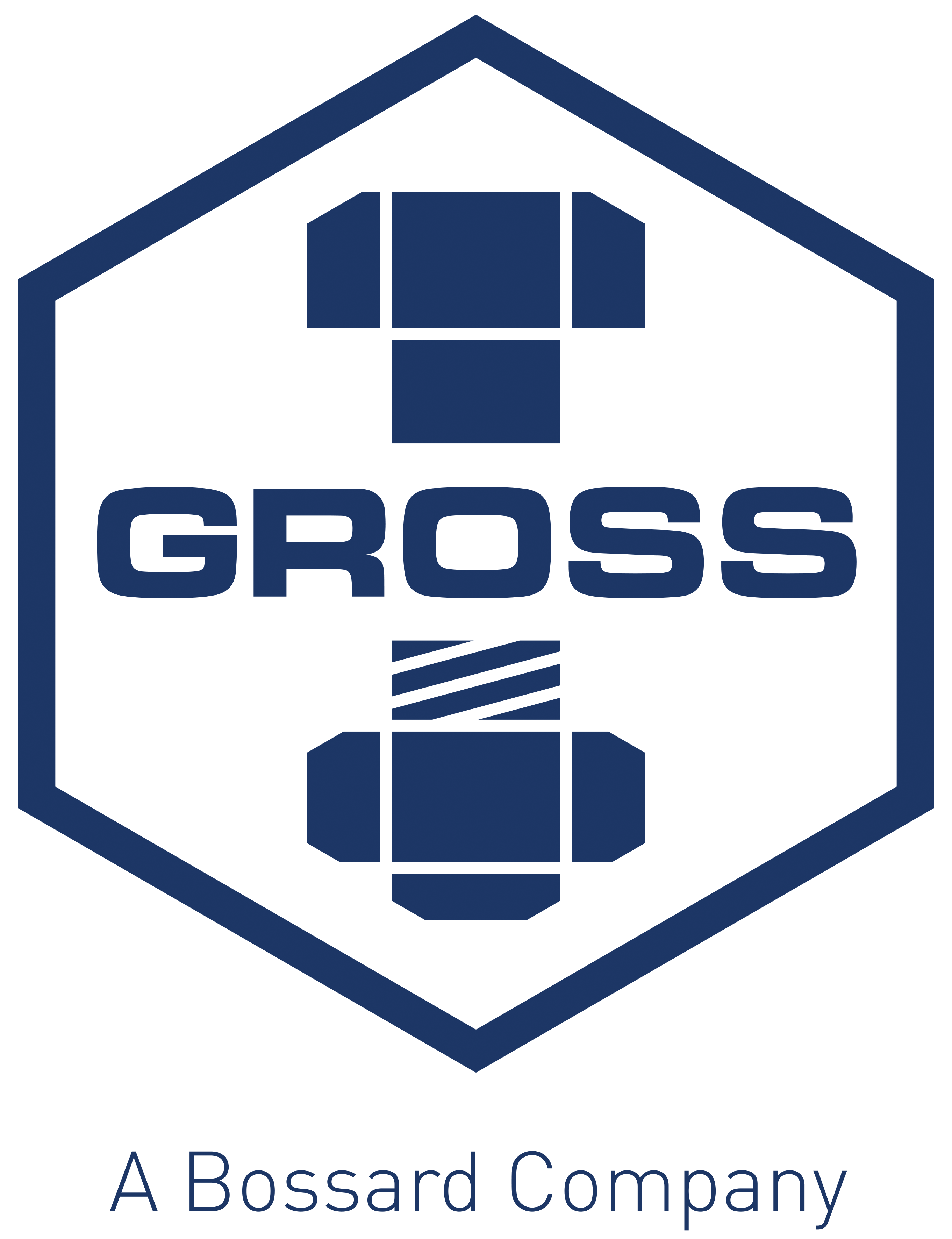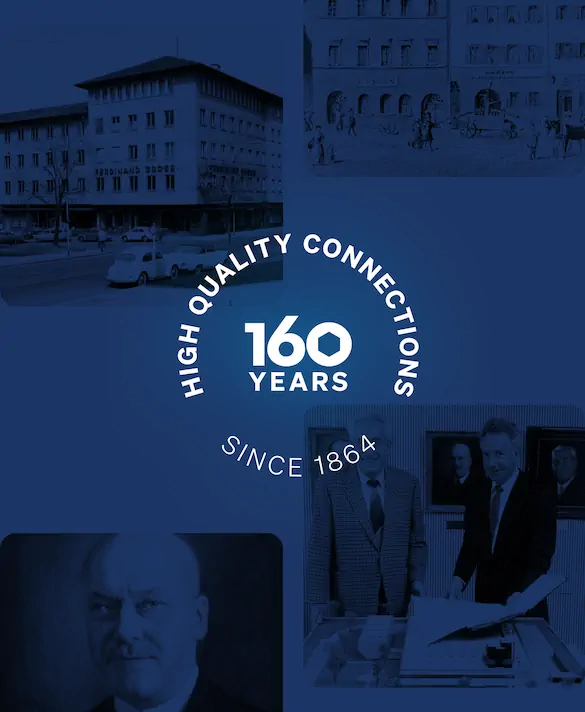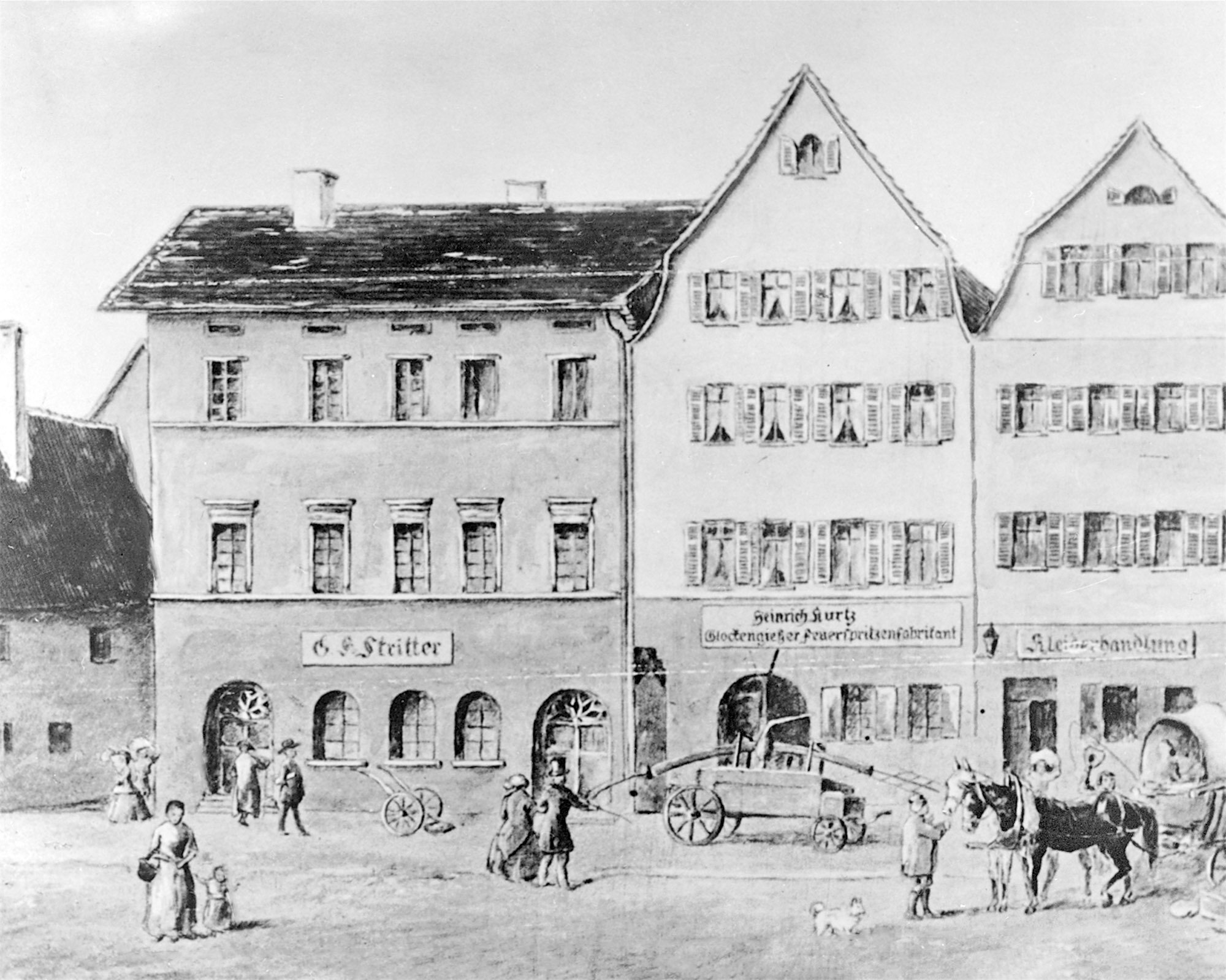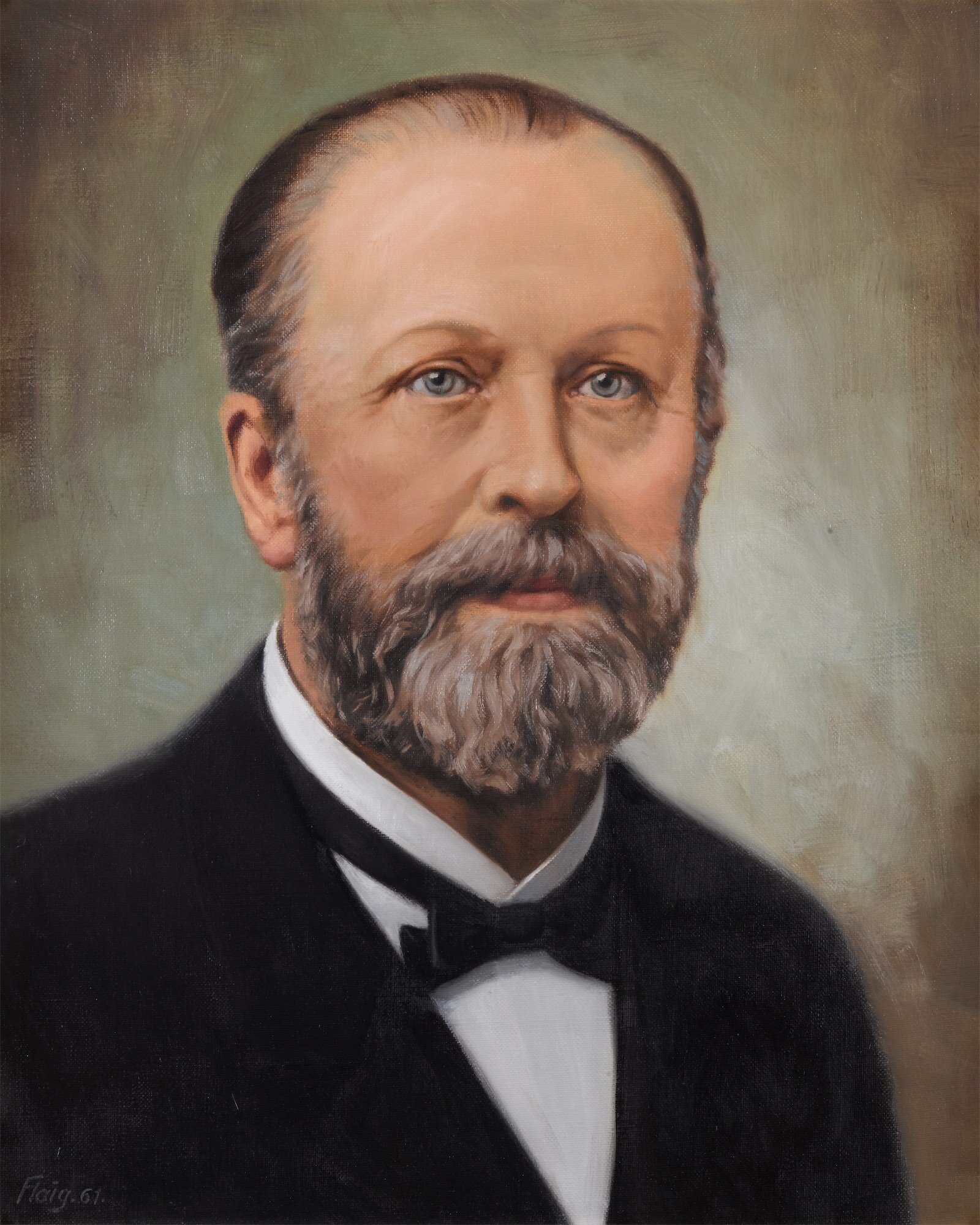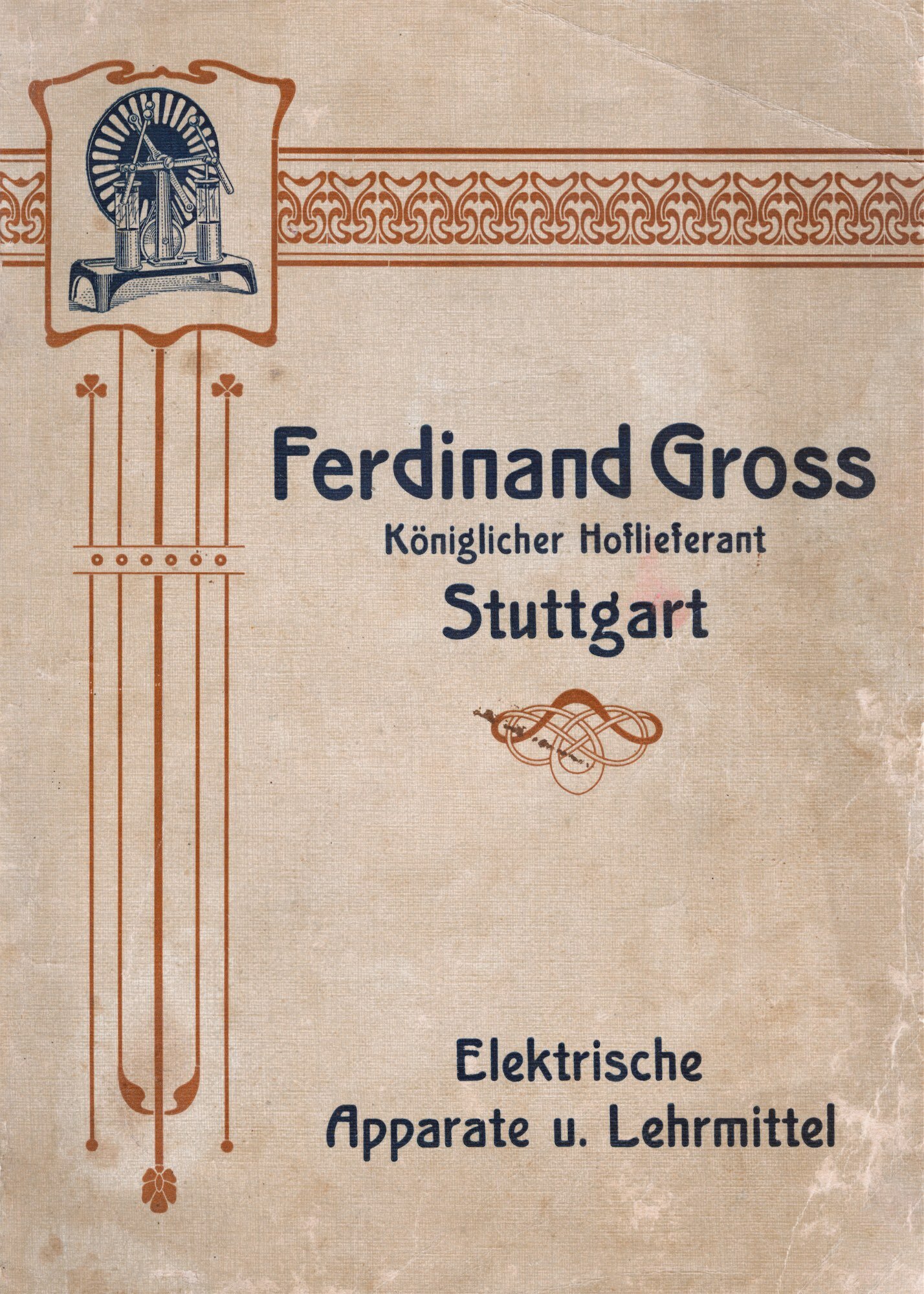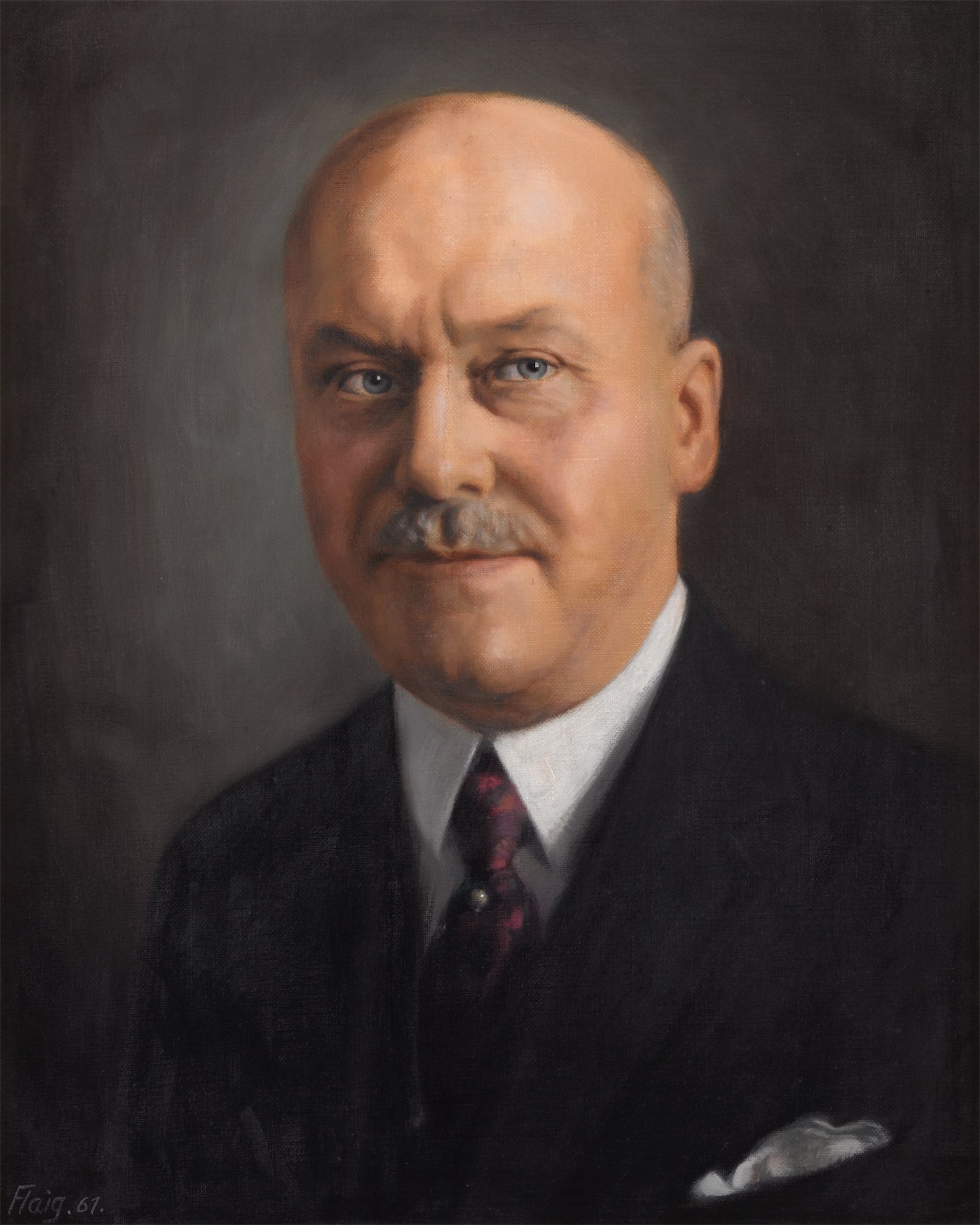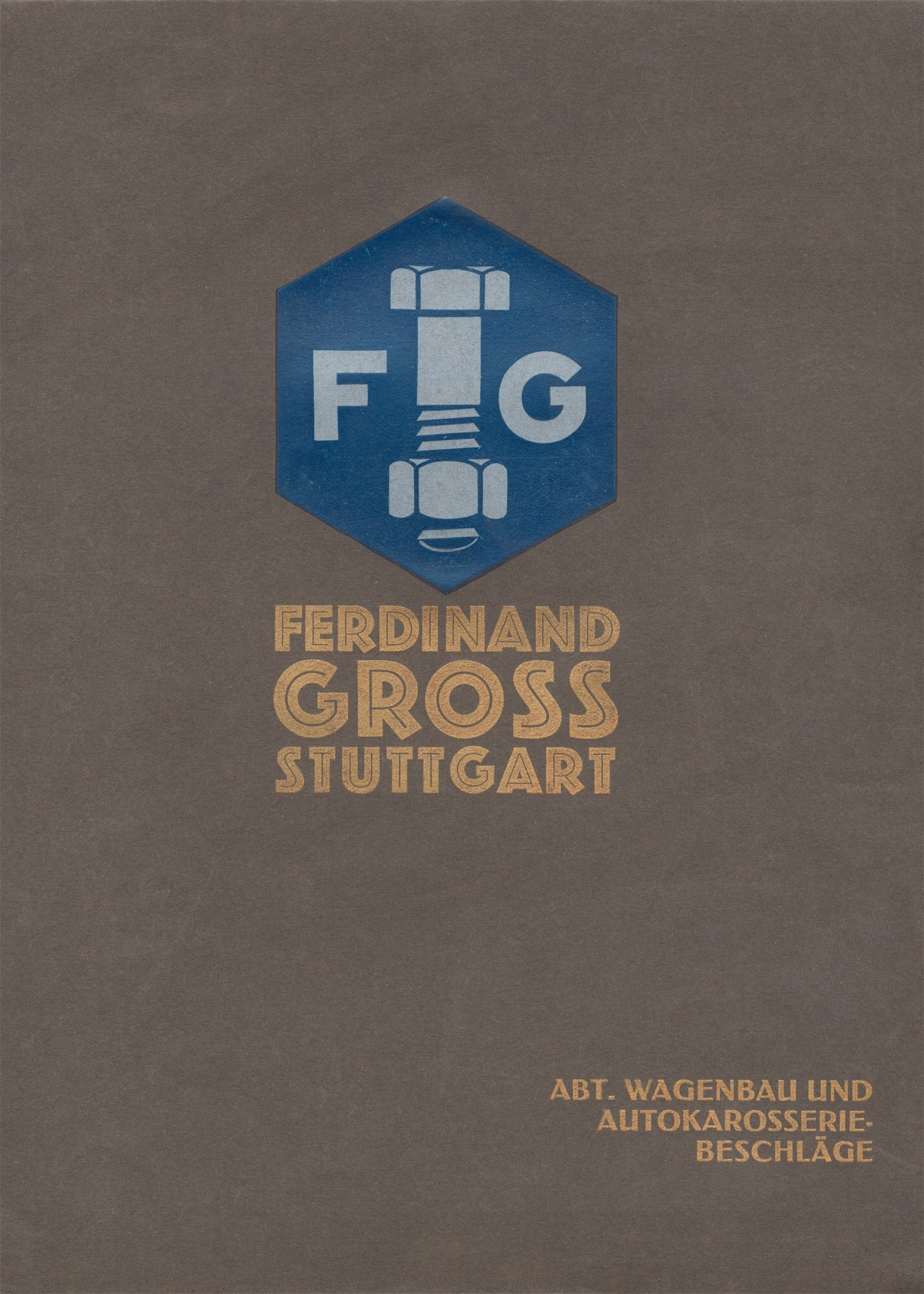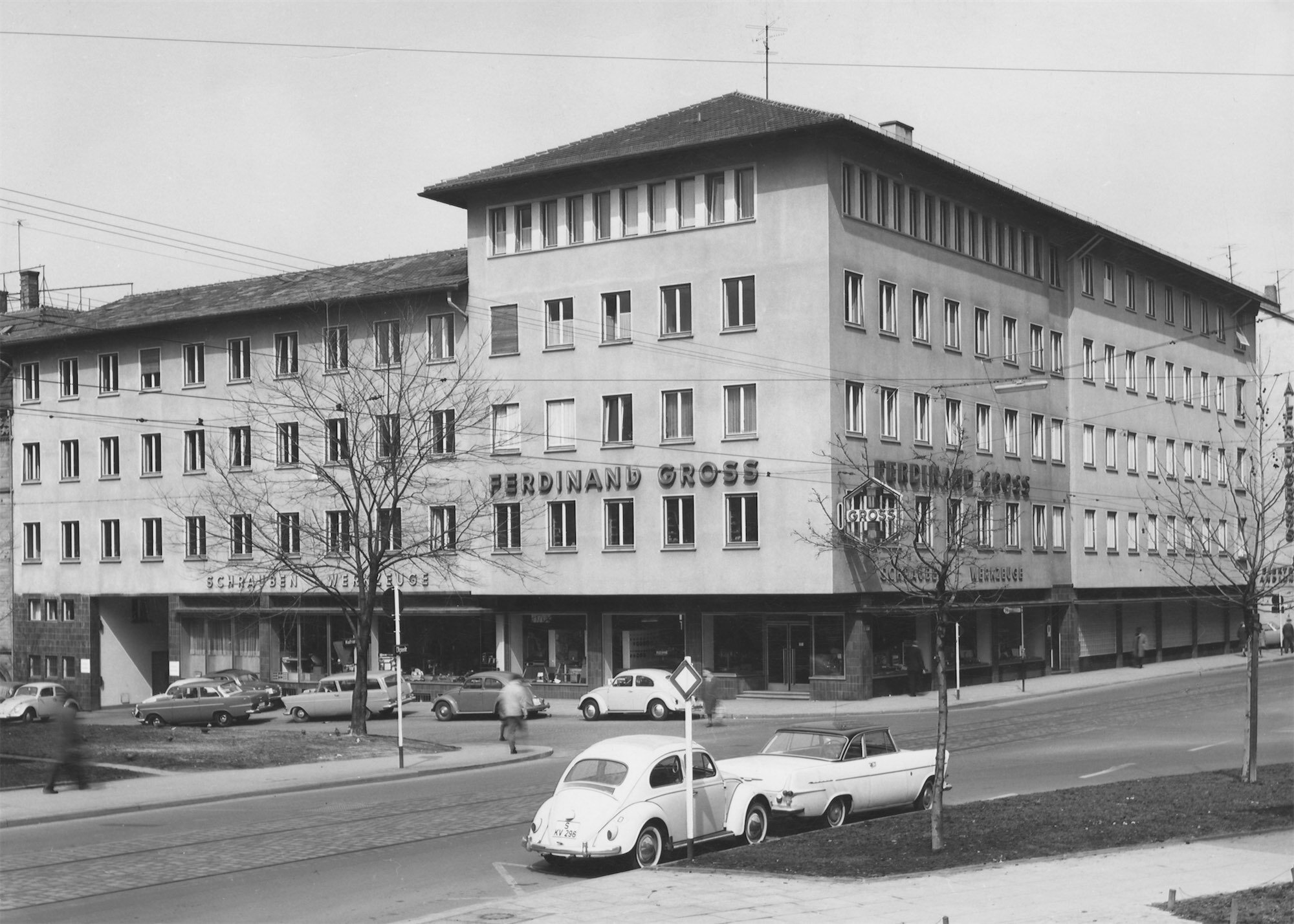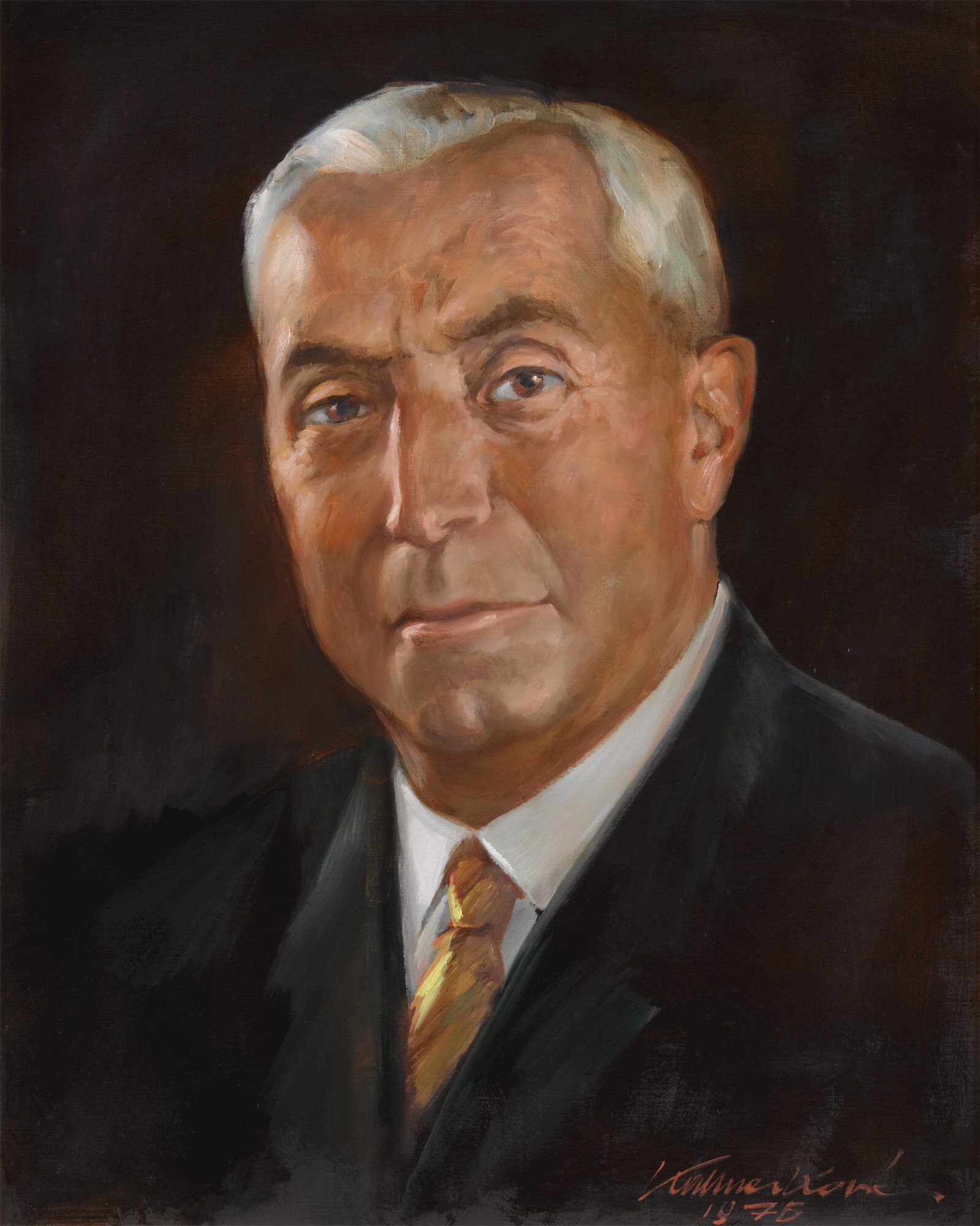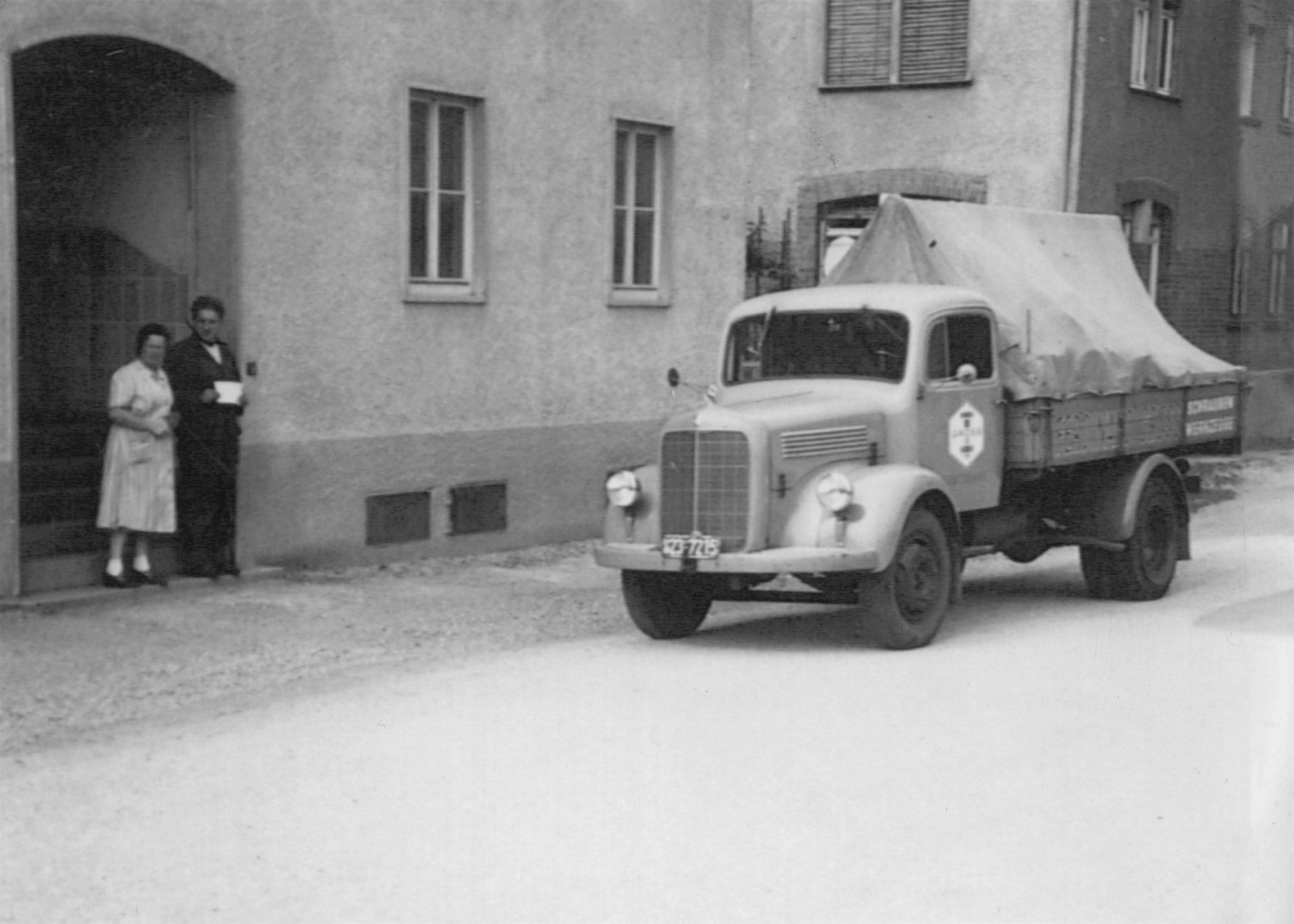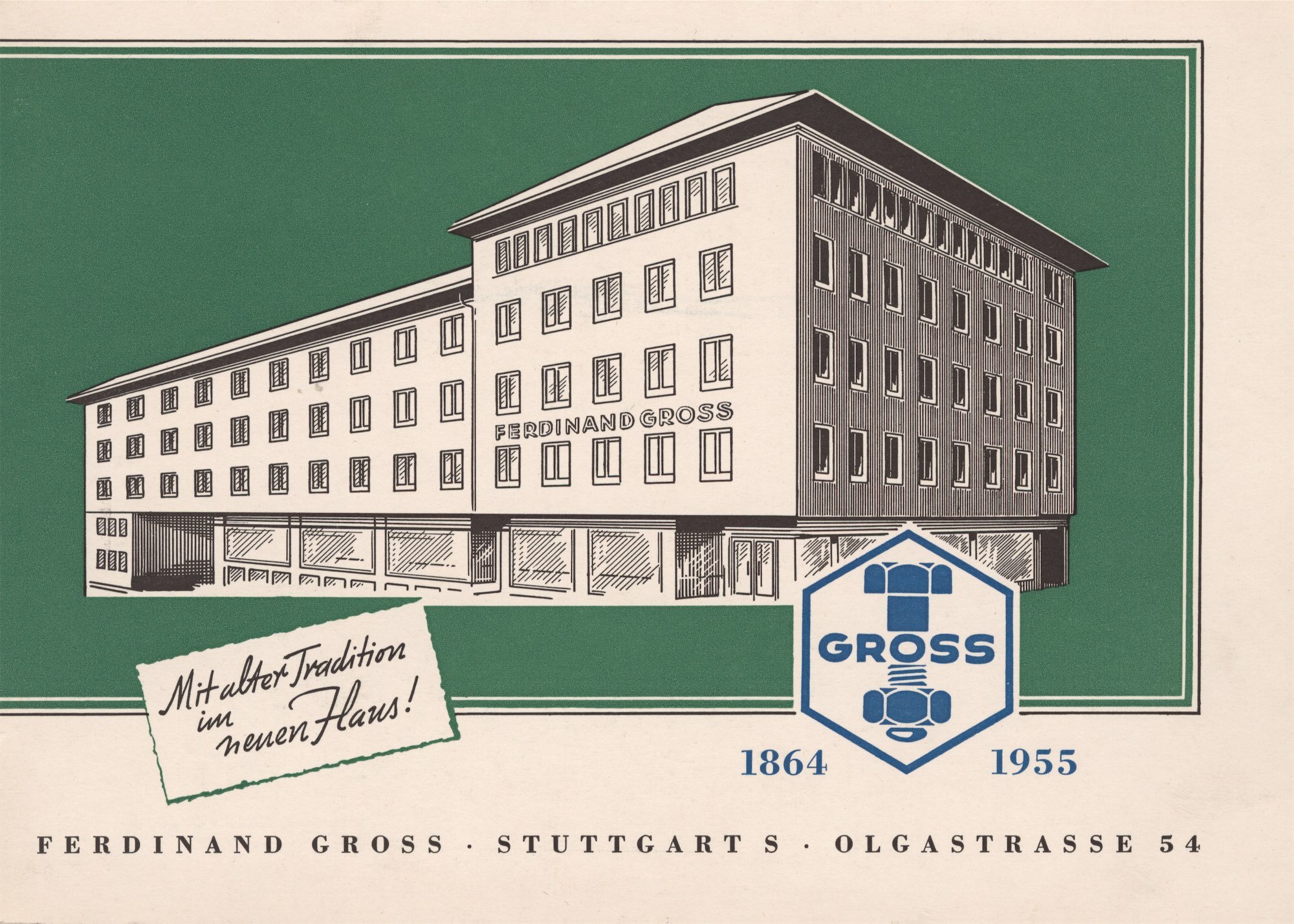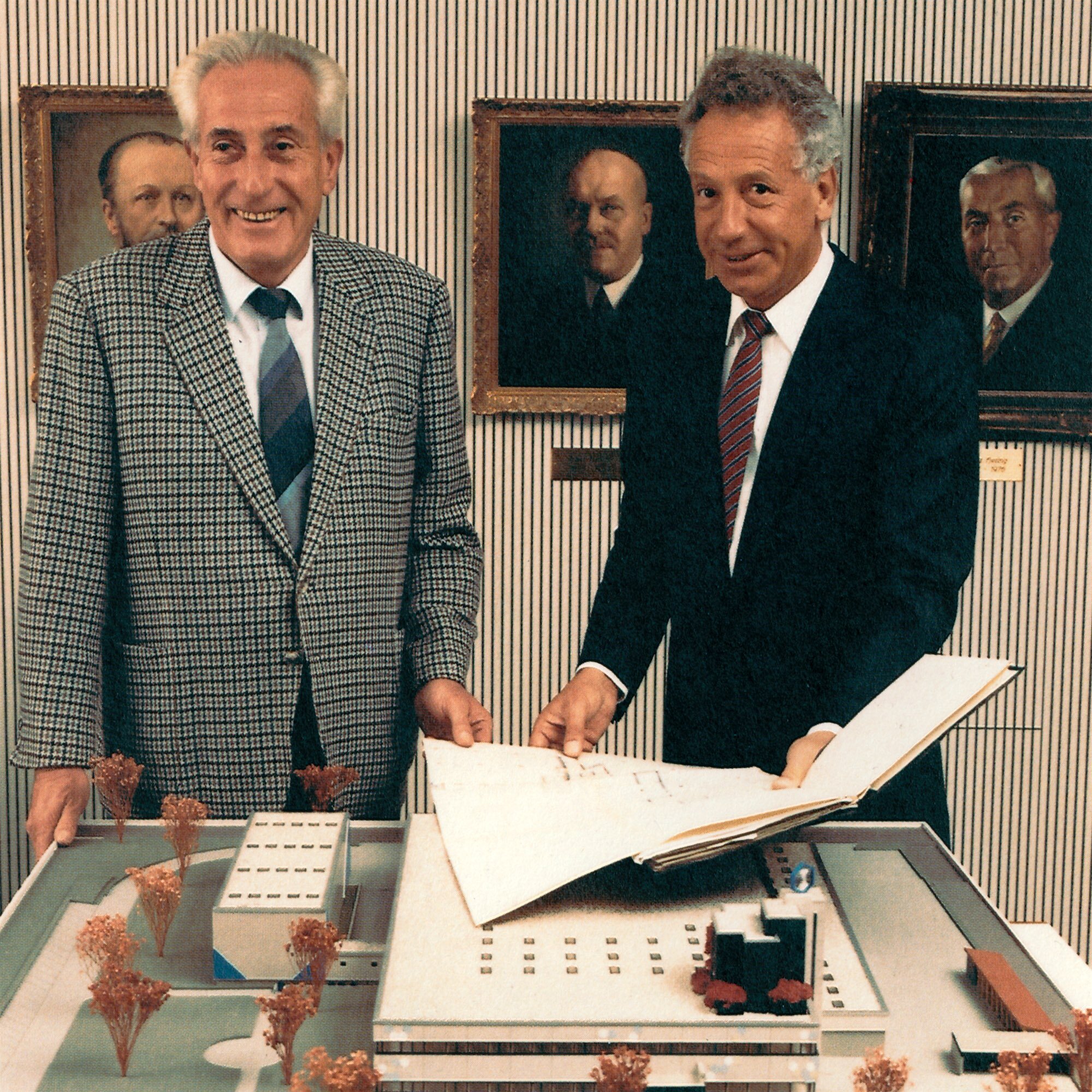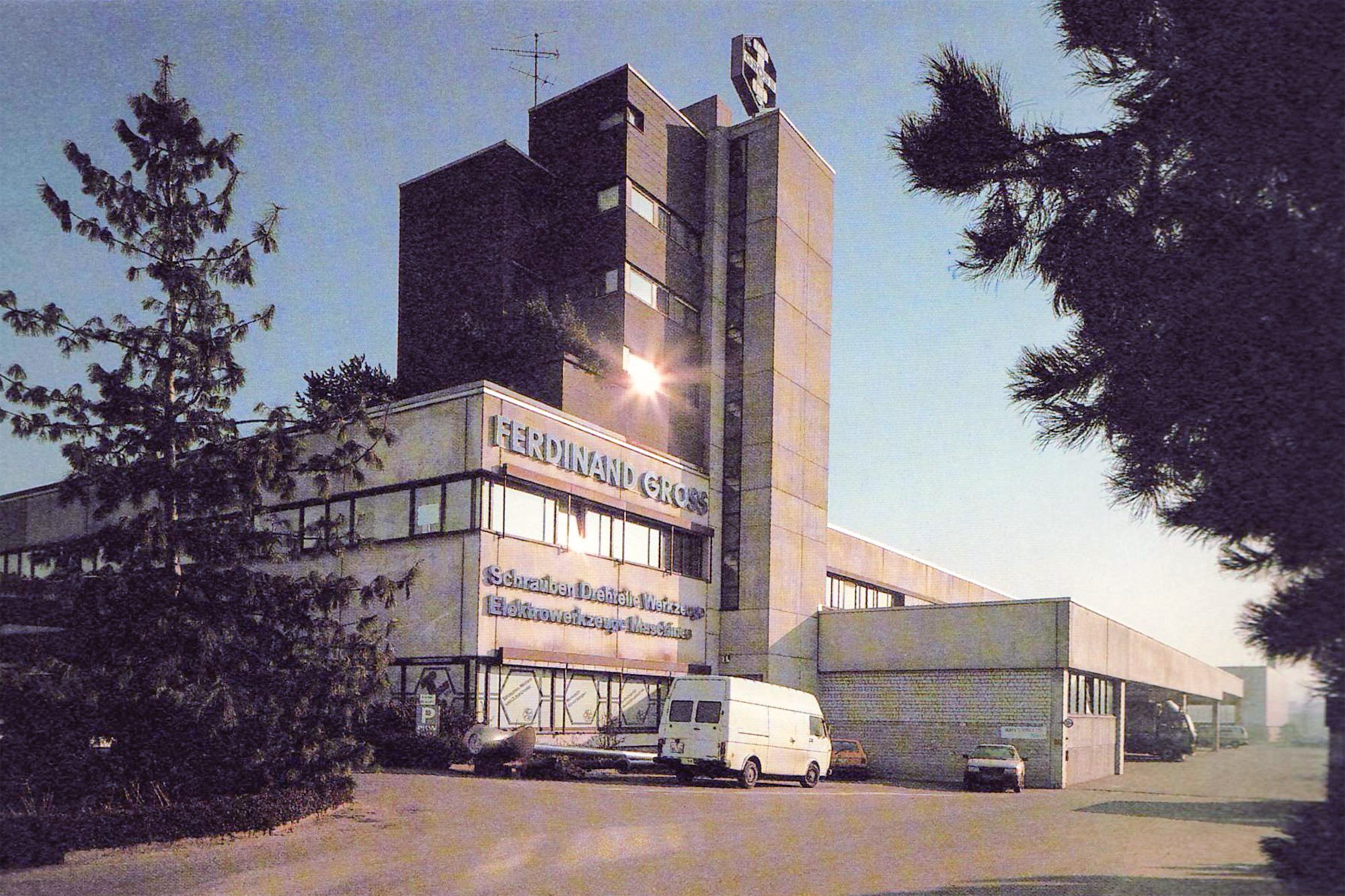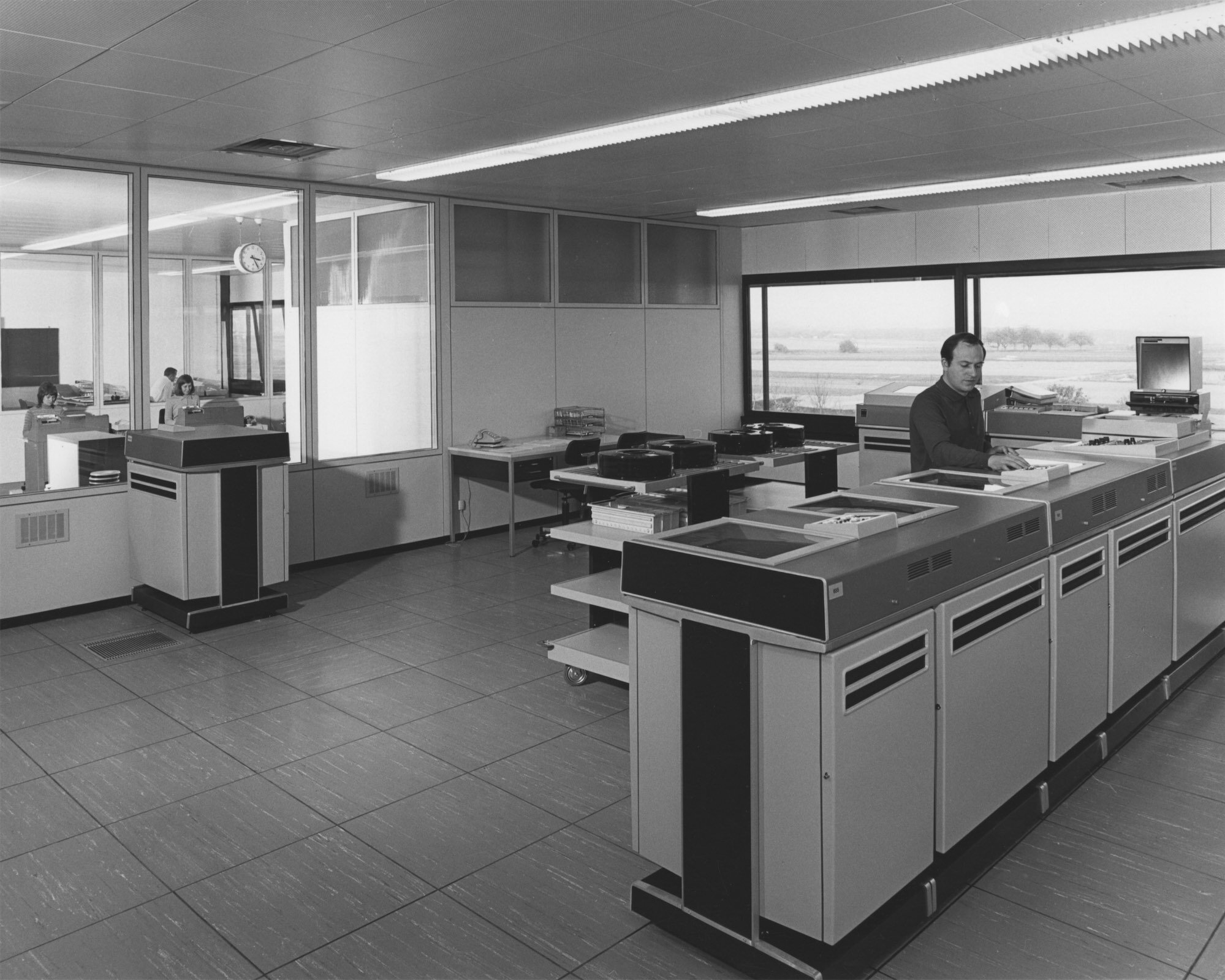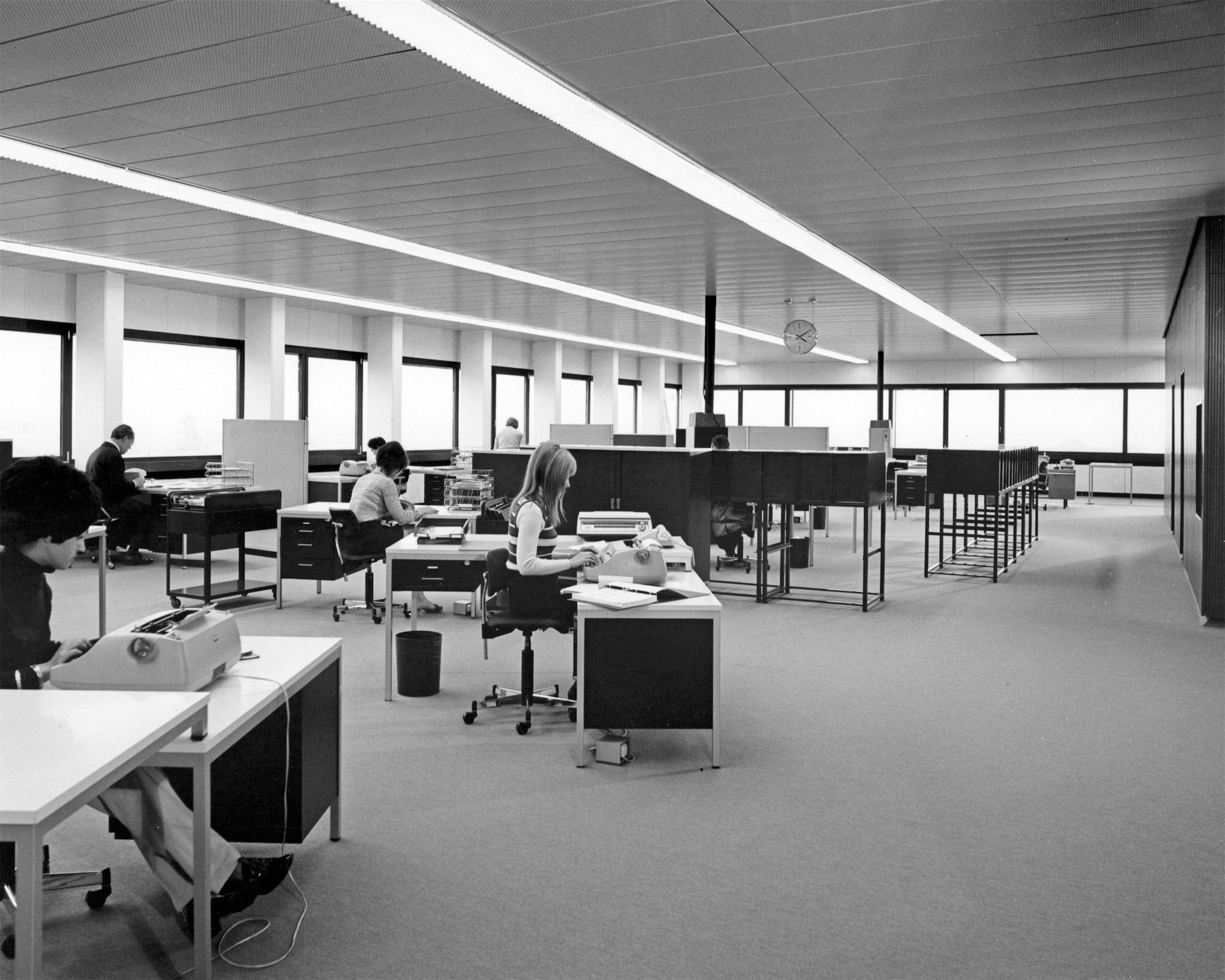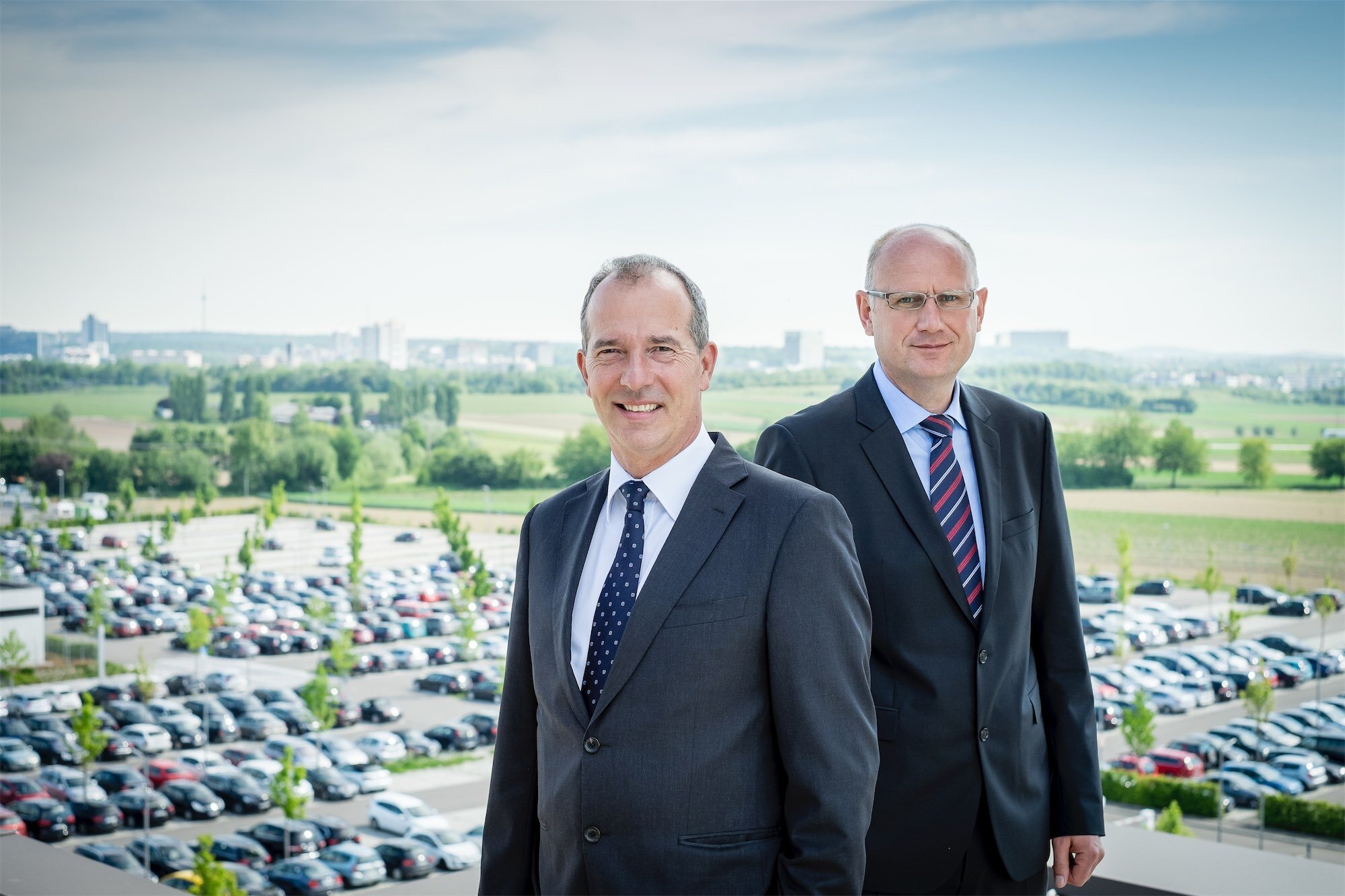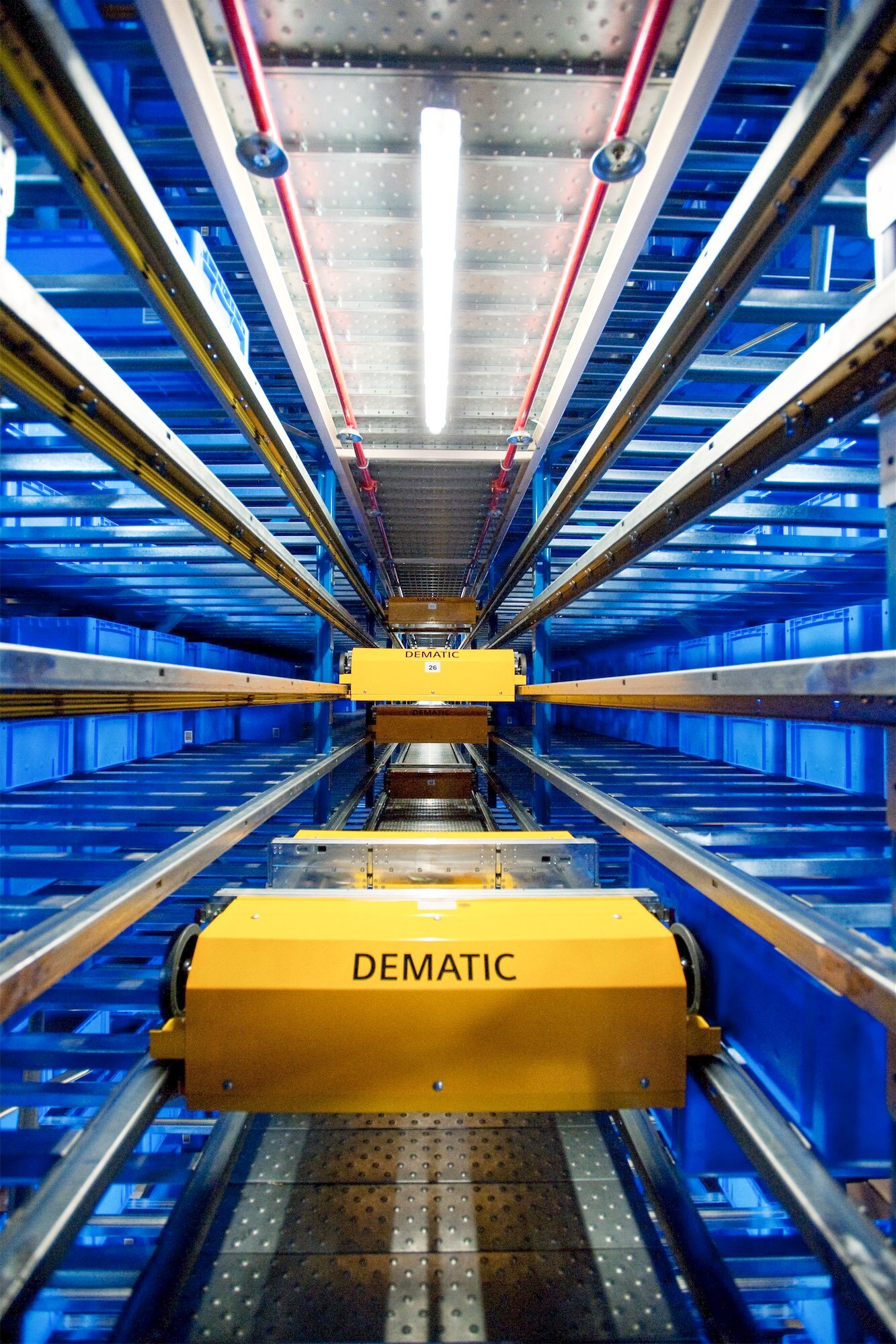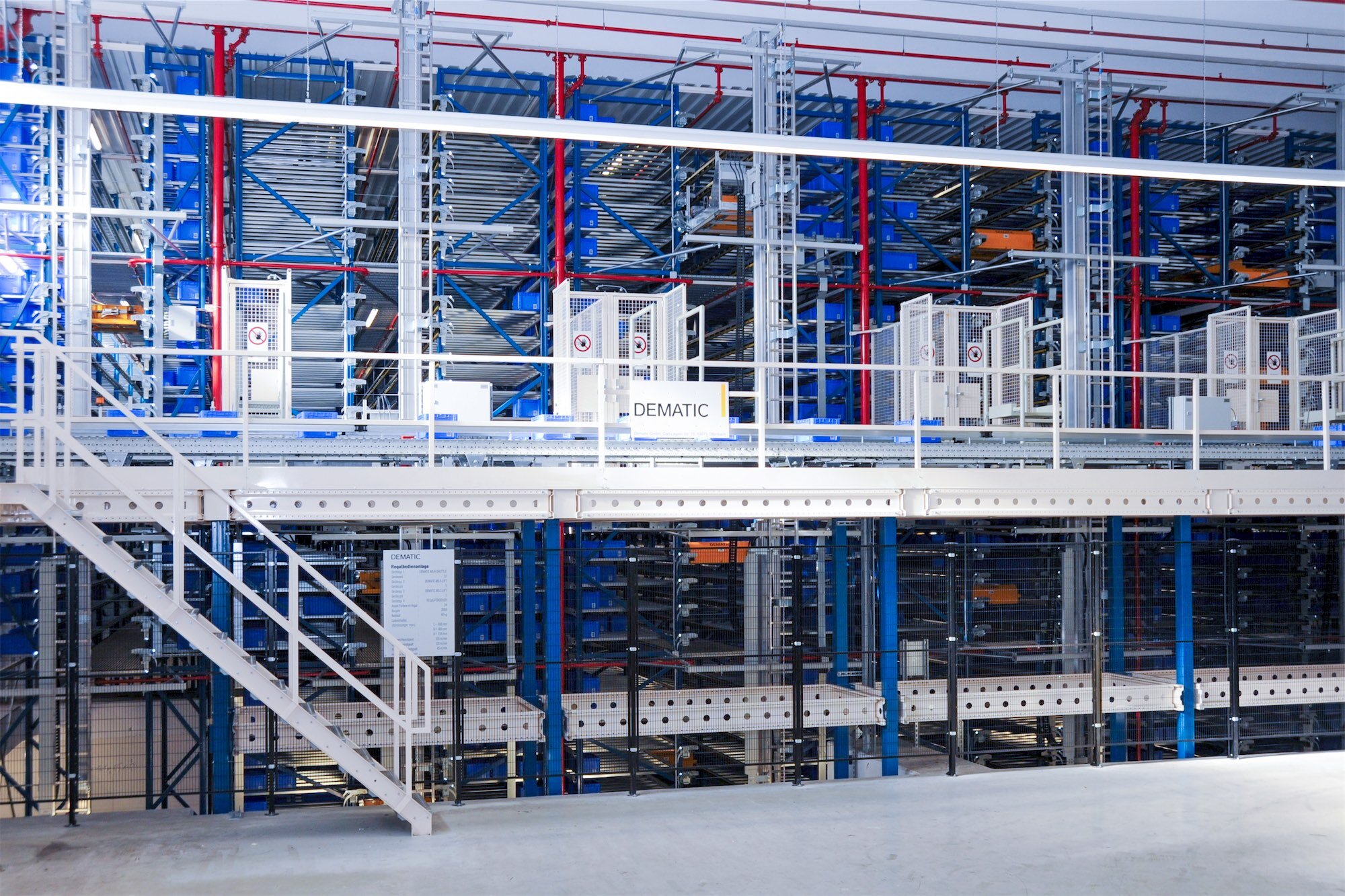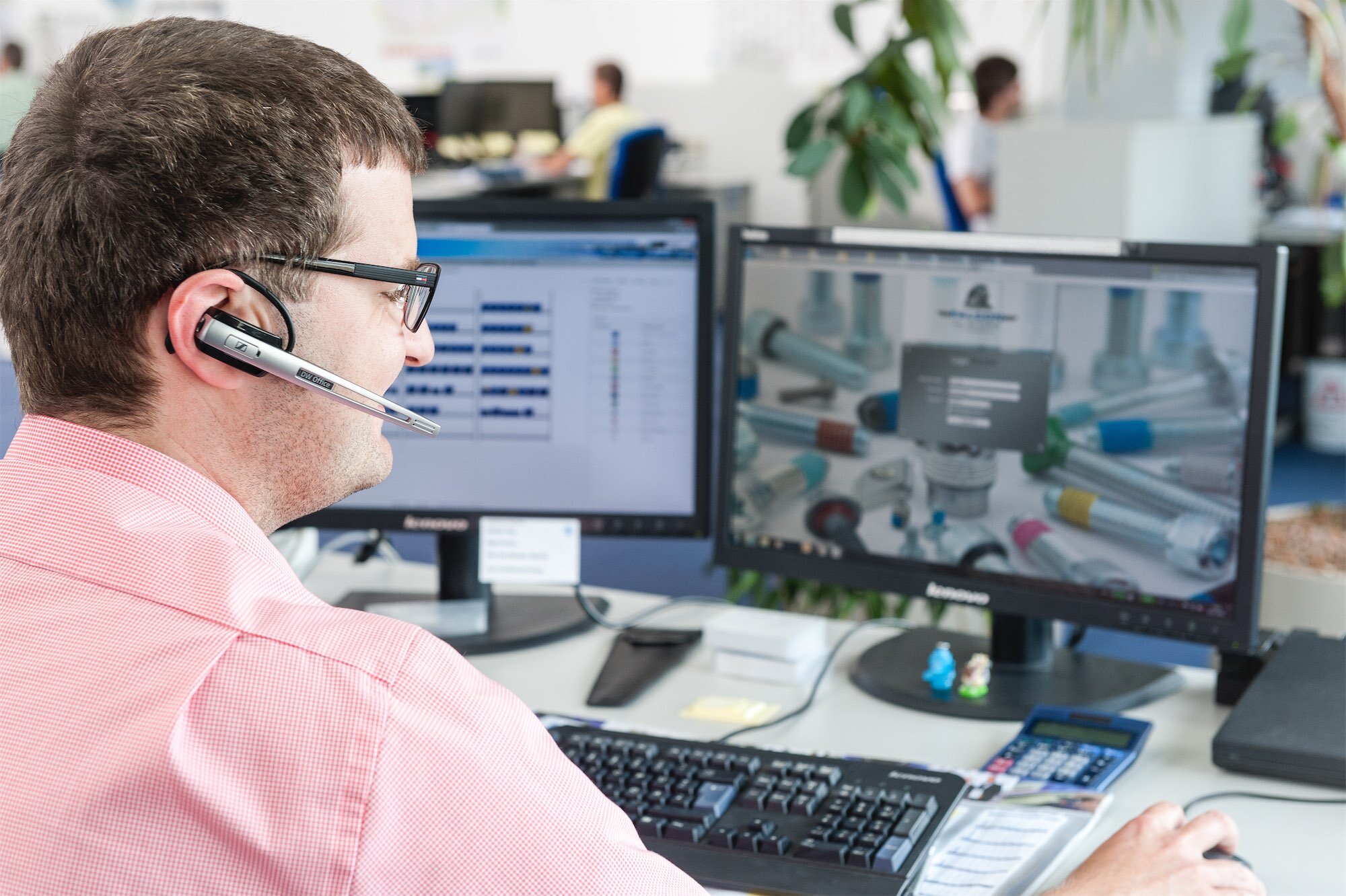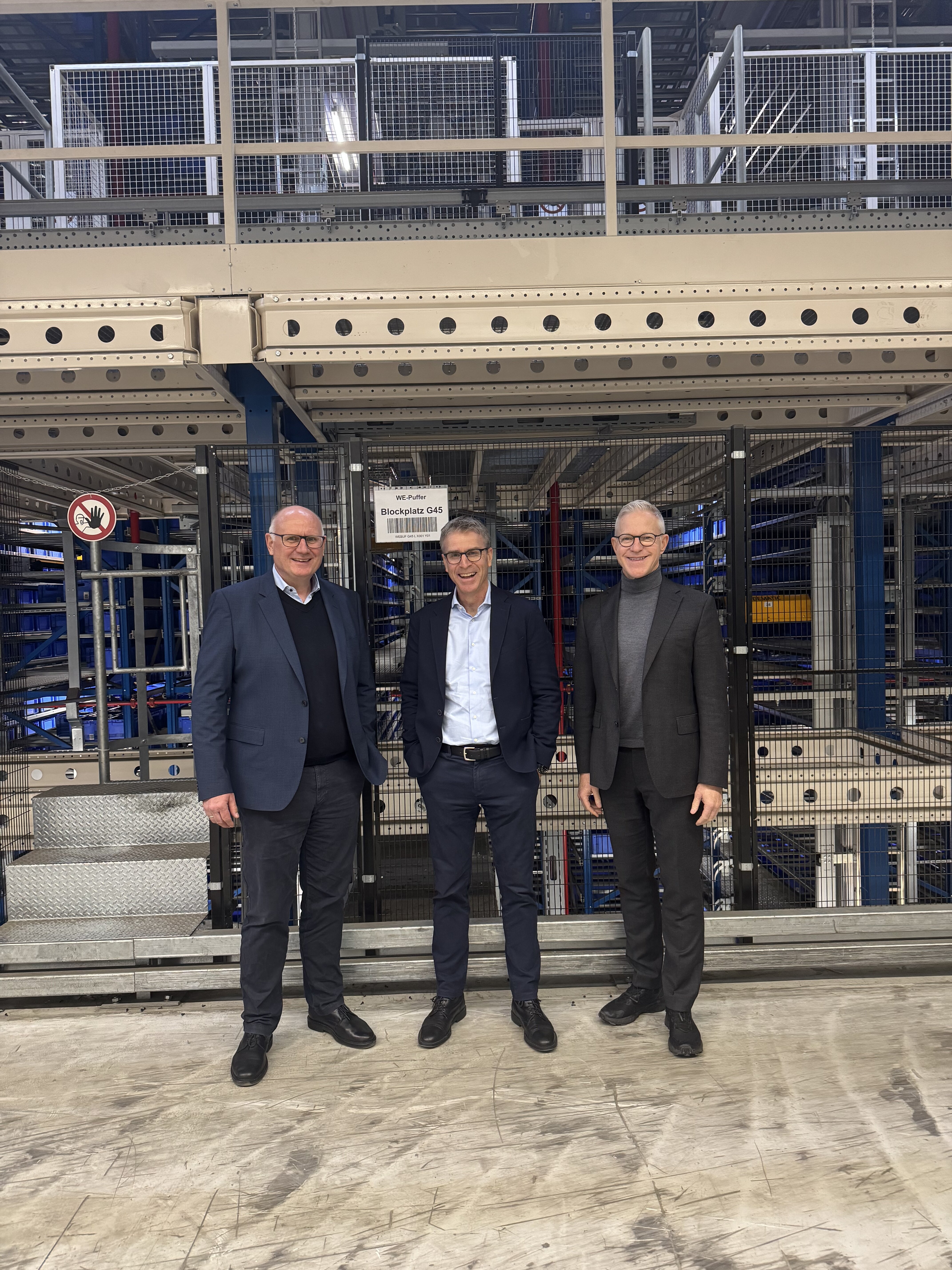1864-1914
HOW IT ALL BEGAN
THE FERDINAND GROSS GENERATION
On 17 November 1864, Ferdinand Gross opens an ironmongery in the lively Bohnenviertel – the “Bean Quarter” – of Stuttgart. Only a few years later, the young, rapidly growing business needs to look for larger premises. News of the quality of the goods and tools on offer gets about – also in the palace: Ferdinand Gross is given the title of “Supplier to the Royal Court” in 1904. A first ever sales representative is brought on board to handle the ever-increasing supply business. After spending half a century establishing the company, the founder hands over the reins on 1 April 1914 to the next generation.
1914-1933
THE TWENTIES
THE EMIL GROSS GENERATION
The consequences of the First World War can be felt across Europe; the political and economic situation is fractured. However, Emil Gross manages to recognise the opportunities: when he notices that the number of car and motorbike workshops is rapidly growing, while the previous clientèle in smithying and carriage construction is falling away, he starts to put together large and small ranges of blank bolts, selling them in compartmented wooden crates to the garages. A great success, by which we became established in sectors that are still an important part of our supply business today.
1933–1964
WORLD WAR & ECONOMIC UPTURN
THE FRANZ HERING GENERATION
After the sudden death of Emil Gross, his son-in-law, Franz Hering, takes over. As a career-changer once inexperienced in the sector, he has to manoeuvre the dealership not only through the Second World War but also the tough post-war years. With great endurance, extremely loyal employees and a knack for intelligent innovations such as the Teks screw, which is able to drill and tap a hole itself, he manages to bring the company over the two-million-Deutschmark level for the first time. In a period of buoyant economic activity, in 1964, there is great celebration at the company’s 100th anniversary!
1964–1995
A NEW START
THE GÜNTHER AND DIETER HERING GENERATION
The move from the inner city to the outskirts of Stuttgart turns out to be a milestone for our company. Because here in Leinfelden, there is enough space for long-term growth and diverse options for expansion. With the new workplace and ultra-modern IT, the course is also set for the digital age: in 1984, Telex is already largely used for communications, with over 500 self-developed programs running on 25 monitor terminals. Ferdinand Gross also becomes one of the first companies to get a foothold in East Germany, in 1991. It was another perfect decision, and also established our strong presence in Eastern Europe.
SINCE 1995
A NEW DIRECTION
THE GERALD HERING GENERATION
With its rigorous Kanban orientation, Ferdinand Gross positions itself as an absolute C-parts specialist. An outstandingly successful development that means the high-bay warehouses have to be extended. The conversion to a Dematic multishuttle solution, unique in the world, takes place while the warehouses are still up and running – a logistical masterclass from the entire team. With prize-winning innovations such as the e-Kanban solution “Falcon” and growing sites in Eastern Europe, Ferdinand Gross can look to the future with confidence.
SINCE 2025
STRONG PARTNER IN THE BOSSARD GROUP
COMBINED EXPERTISE, GLOBAL STRENGTH
In January 2025, Ferdinand Gross will become part of the Bossard Group - ushering in a new era. Two renowned specialists in C-parts management are combining their expertise to offer their customers worldwide even more comprehensive and efficient solutions. The partnership opens up access to state-of-the-art Industry 4.0 services and strengthens the global reach of both companies. Ferdinand Gross remains the proven, flexible partner for customized C-Parts concepts and maximum supply security - only with even greater innovation potential and expanded possibilities. In short: a genuine High Quality Connection!
